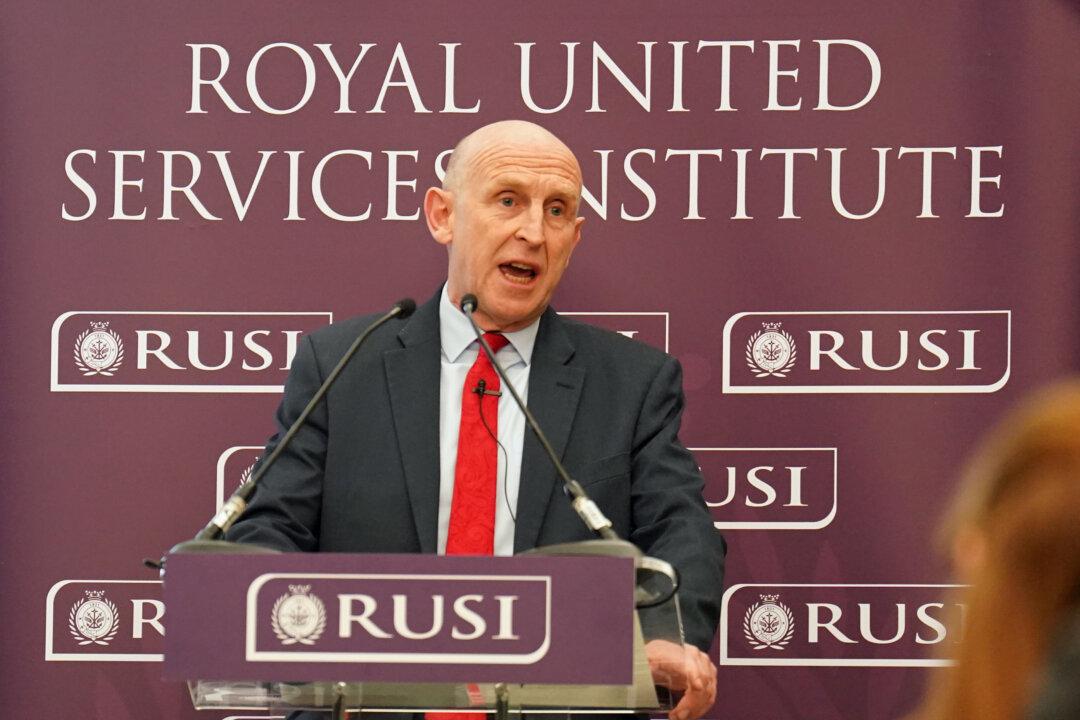The UK must show “realism” on its military commitments to the Indo-Pacific region, Labour’s defence chief has said, as he suggested his party will stick to a “NATO first” security strategy if it comes into power.
Former Prime Minister Boris Johnson’s Integrated Review of Security, Defence, Development, and Foreign Policy in 2021 announced a UK “tilt” towards the Indo-Pacific in recognition of China’s growing influence in the region.





